
Specialty clinics for treating long COVID
Richard Payerchin is senior editor of Medical Economics.

Specialty clinics for treating long COVID

A physician can navigate the health care system, but what about patients?

Lawmakers tout spending plan, but medical groups respond with ‘dismay,’ say seniors’ health will be at risk.

How long COVID relates to ADA.

Medicare tops list, feds say, and more data is needed on quality of care and billing.

When patients are sick, productivity is lost.

Survey examines causes, solutions for frustrations over health care costs.

Congressional action could help.
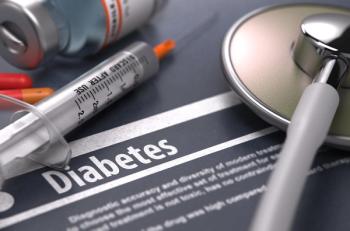
‘Team-centered, multidisciplinary’ approach helps patients reduce D5 scores, study says.

Health, science, and politics are in the mix as studies examine links among debates over shots against COVID-19 and measles.

Prior research might have helped.

A physical medicine specialist describes her experience as a doctor and as a patient, and explains why primary care will be the center for treatment.

Bill is pending in Senate, but Medicare action could ‘make health care better for America’s seniors.’

Symptoms can appear two to three months later.

Researchers analyze pandemic mortality, ‘excess deaths,’ along party lines in two states.

Medical care posts monthly decline, along with energy, used cars and trucks, and airfare.

Long COVID effects are ‘eye-opening and shocking’.

CMS proposes new rules to increase accessibility in 2024.
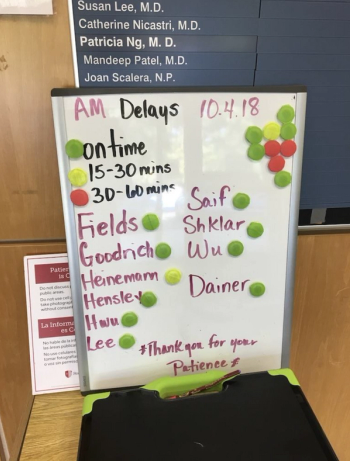
No additional staff needed to let patients know if docs are running on time.

Long COVID symptoms in patients.

Survey examines crossover of spirituality and health care in adults aged 50 years or older.
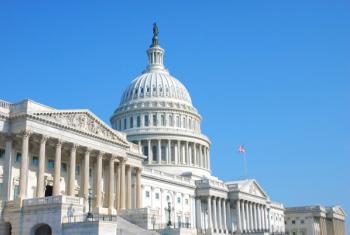
Cut scheduled for 2023 would reduce physician payments by 4.5%.
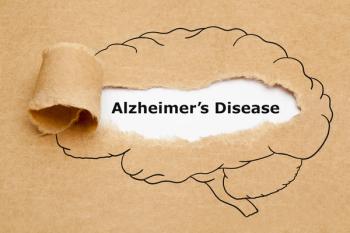
Symptoms may be missed and racial, ethnic disparities need to be addressed.

Attendance and reimbursement increase when physicians and patients connect in online appointments.

HHS’ cybersecurity wing publishes notices on three ransomware threats.

Study finds inbasket messages may offer more clues about improving patient experience than doctors’ feelings on the job.
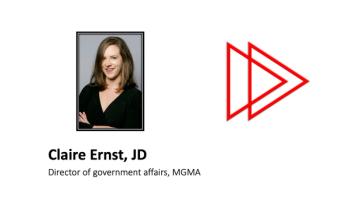
An almost 10% cut in Medicare reimbursement is untenable.

Group of six has six big issues to tackle by end of the year, AAFP president says.

If implemented, physicians and hospitals could save an estimated $15 billion over 10 years.

AAFP, developer apply artificial intelligence to primary care.